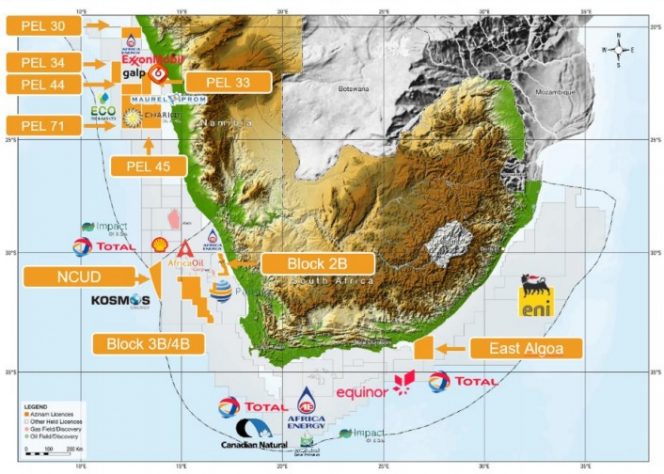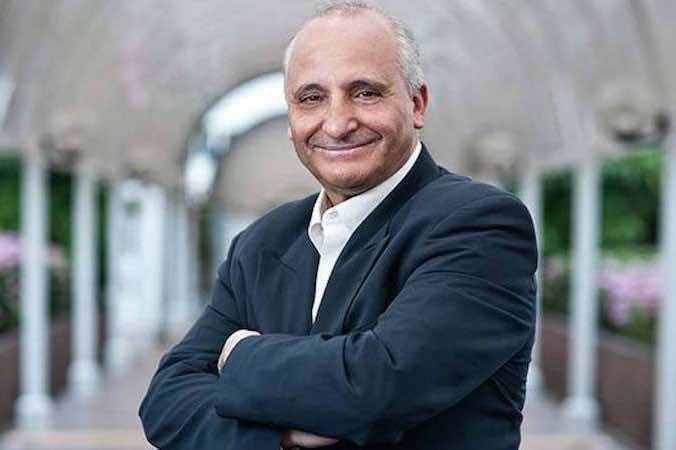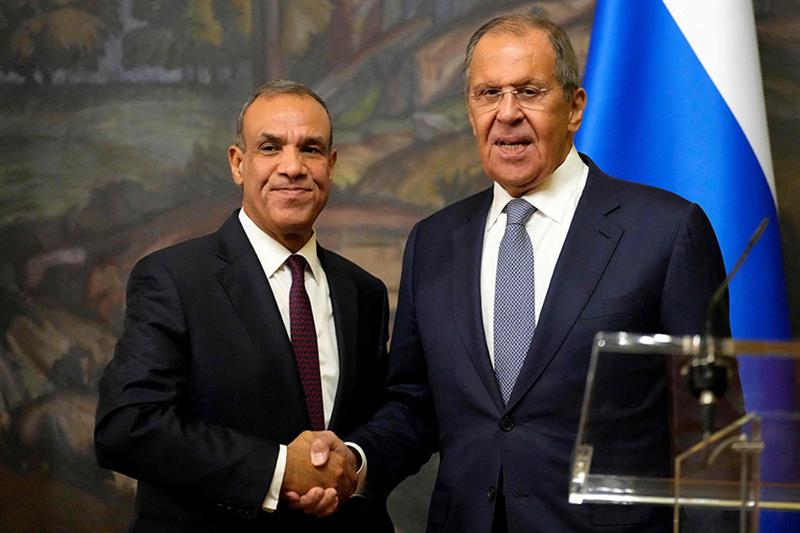The 2022 Session of the EU-Namibia Political Dialogue took place in Windhoek earlier this week (28 September), during which the two parties engaged in an in-depth discussion on several topics of shared and common interest, ranging from peace and security, climate change to trade and economic cooperation.
Co-chaired by Netumbo Nandi-Ndaitwah, Deputy Prime Minister and Minister of International Relations and Cooperation, and Sinikka Antila, Ambassador of the EU to Namibia, a special focus was given to Namibia’s industrialization aspirations in order to enhance economic growth and development, while addressing socio-economic challenges, such as youth unemployment, and social inequalities. The parties discussed the implementation of the Economic Partnership Agreement, as well as support for the implementation of the African Continental Free Trade Area (AfCFTA). Deliberations also focused on a planned Partnership on Sustainable Critical Raw Materials Value Chains and Renewable Hydrogen. Upon conclusion, the Partnership will give rise to a new chapter of economic cooperation between the EU and Namibia, including the private sector, promoting industrialization, the beneficiation of critical raw materials which are strategic for energy transition, and the development of a green hydrogen economy in Namibia.
This comes after the EU recently announced that it was planning a deal with Namibia to support the country’s nascent green hydrogen sector and boost its own imports of the fuel, as the bloc works to reduce its dependence on Russian energy. Hydrogen has long been touted as a clean alternative to fossil fuels, but while it has seen some uptake in the EU, chiefly in heavy industry and transportation, high costs and a lack of infrastructure have limited consumption, and the fuel covers just 2% of the bloc’s energy needs. Under the plan, the EU would sign a memorandum of understanding (MoU) with Namibia on hydrogen and minerals at the UN Climate Change Conference in Egypt in November, one EU official said. Namibia is among the priority countries in the EU’s “Global Gateway strategy”, Brussels’ version of the Chinese Belt and Road Initiative to boost infrastructure investment and diplomatic ties in developing countries.



